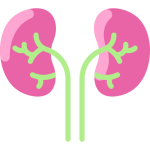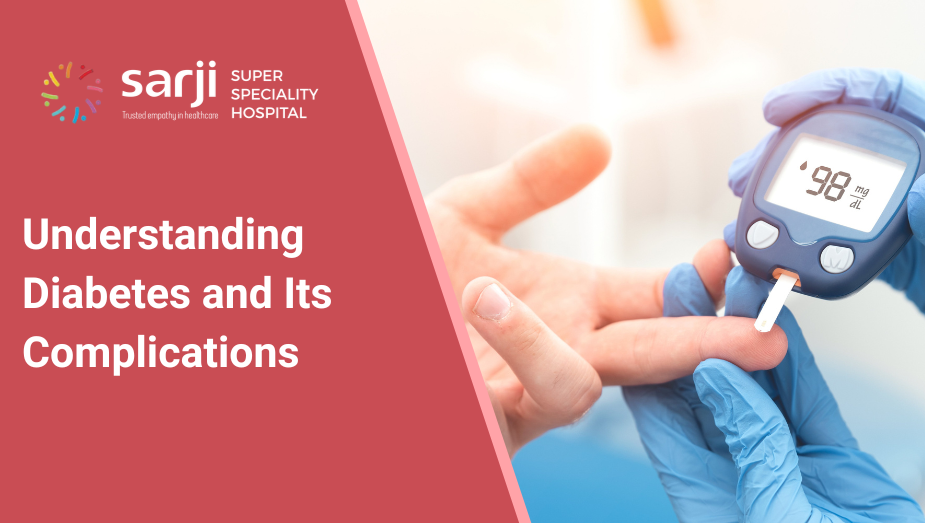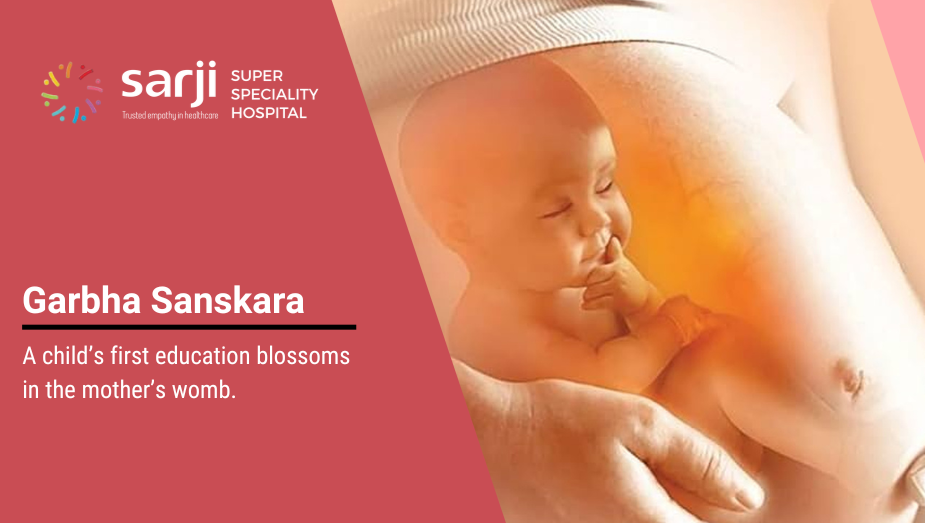What is Kidney transplantation (KT)?
Kidney transplantation (KT) is a surgical procedure to replace a diseased kidney with a healthy one from a living or deceased donor. It is the preferred treatment for end-stage kidney disease (ESKD), often offering better quality of life and longer survival compared to dialysis.
Pre-Transplant Information:
When is KT Necessary? KT is needed for patients with ESKD, either on dialysis or approaching ESKD.
When is KT Not Required? It’s not suitable for acute kidney injury or if only one kidney fails while the other is functioning.
Advantages: Better quality of life, freedom from dialysis, longer life expectancy, fewer dietary restrictions, and potentially lower long-term costs.
Disadvantages: Risks of major surgery, rejection, lifelong medication, and potential side effects.
Contraindications: Serious infections, active cancer, severe heart or vascular diseases, and severe psychological issues.
Ideal Donors: Living-related (family) or non-related donors, or deceased (cadaver) donors. The best matches are often from identical twins or close relatives.
Donor Requirements: Healthy individuals aged 18-65 with compatible blood groups and no major health issues can donate.
Transplant Surgery:
Procedure: Performed under general anaesthesia, usually lasting 3-5 hours. The new kidney is placed in the recipient’s lower abdomen, often without removing the old kidneys.
Post-Surgery: The transplanted kidney may start functioning immediately or require temporary dialysis.
Post-Transplant Care:
Complications: Includes rejection, infection, and medication side effects.
Medications: Lifelong use of immunosuppressants to prevent rejection. Other medications may include antihypertensives and those to prevent infections.
Precautions: Regular medication adherence, avoiding infections, monitoring health metrics, and maintaining a healthy lifestyle are crucial.
Deceased Donor Transplant:
Process: Involves kidneys from brain-dead individuals. The diagnosis of brain death is made by a team of doctors. Deceased donors can also donate other organs like eyes, liver, and heart.
Contraindications for Donation: Active infections, HIV, hepatitis, cancer, or severe chronic diseases.
Procedure: Donor kidneys are preserved and transplanted into recipients based on compatibility. The sooner they are transplanted, the better the outcomes.
Why Limited Transplants?
Kidney Availability: Limited number of donors and long waiting lists.
Cost: High expenses of surgery and medications.
Facilities: Limited availability of transplant facilities in some regions.
Organ donation is a profound act of giving, offering a second chance at life to patients with ESKD
Doctors








